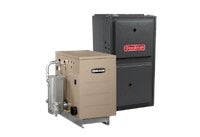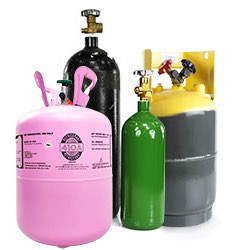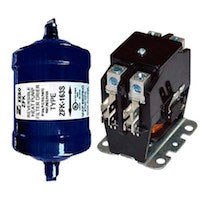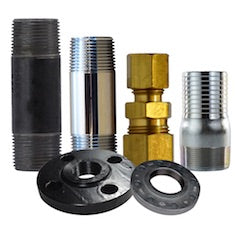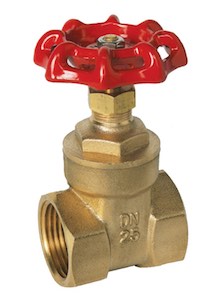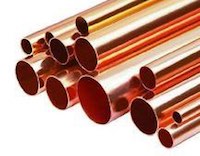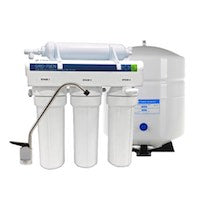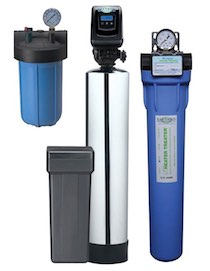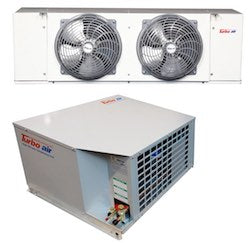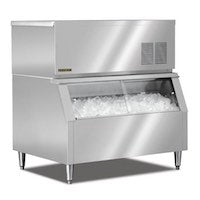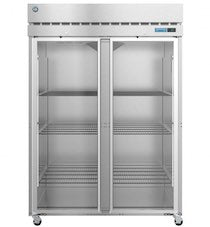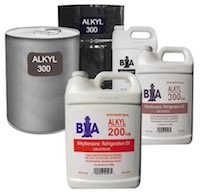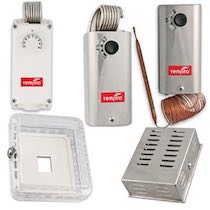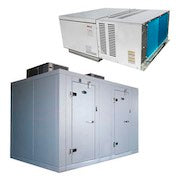
Pipe Caps (Plastic Pipe Fittings): Essential Components for Pipe Protection
Pipe caps, a crucial type of plastic pipe fitting, play a vital role in safeguarding the ends of various pipes. These fittings, crafted from durable plastic materials, ensure that pipes remain protected from contaminants, damage, and environmental factors during transportation, storage, and installation. By covering the exposed ends, pipe caps prevent debris, dust, and moisture from entering the pipes, thus maintaining their integrity and longevity.
Benefits of Using Plastic Pipe Caps
Protection Against Contaminants: Plastic pipe caps act as a barrier against dust, dirt, and other foreign materials. This ensures that the interior of the pipes remains clean and ready for use in various applications, from plumbing to industrial processes.
Damage Prevention: During handling and transportation, pipes are susceptible to damage. The use of pipe caps mitigates the risk of scratches, dents, and other forms of physical damage that can compromise the functionality of the pipes.
Moisture Resistance: Moisture can cause corrosion and degradation in many types of pipes. Plastic pipe caps provide an effective seal, preventing moisture from entering and causing potential long-term damage.
Versatility and Ease of Use: Available in various sizes and designs, plastic pipe caps can be easily fitted onto different types of pipes. Their lightweight nature makes installation quick and effortless, saving both time and labor costs.
Cost-Effective Solution: Compared to metal or other types of pipe fittings, plastic pipe caps offer a cost-effective solution without compromising on quality or performance. Their durability ensures long-lasting protection, providing excellent value for money.
Applications of Plastic Pipe Caps
Plastic pipe caps are used across diverse industries due to their protective properties and versatility. Common applications include:
Plumbing Systems: Protecting pipes during installation and maintenance.
Construction: Safeguarding structural pipes and conduits on building sites.
Manufacturing: Ensuring the cleanliness and integrity of pipes in production facilities.
Oil and Gas: Protecting pipes in transportation and storage.

 HVAC
HVAC
 Plumbing
Plumbing
 ELECTRICAL
ELECTRICAL
 Tools & Test Instruments
Tools & Test Instruments

